2030 Forecast: Five Megatrends Set to Reshape Packaging
As sustainability, technology, and consumer behavior evolve at breakneck
speed, the packaging industry faces a transformation unlike any in recent history. By 2030,
businesses that cling to outdated practices will be left behind. Those who embrace innovation will
lead the market.
Here are five powerful megatrends already taking shape—each poised to redefine
how we design, produce, and experience packaging over the next five years.
1. Smart Packaging Goes Mainstream
QR codes were just the beginning. The future of packaging includes embedded
sensors, scannable surfaces, and real-time tracking. These innovations will enhance consumer trust,
supply chain visibility, and product safety.
By 2030, expect even small brands to deploy:
- NFC tags for anti-counterfeit protection
- Temperature sensors for cold-chain assurance
- Augmented reality overlays for immersive storytelling
Smart packaging will offer live data and digital interactions for every consumer.
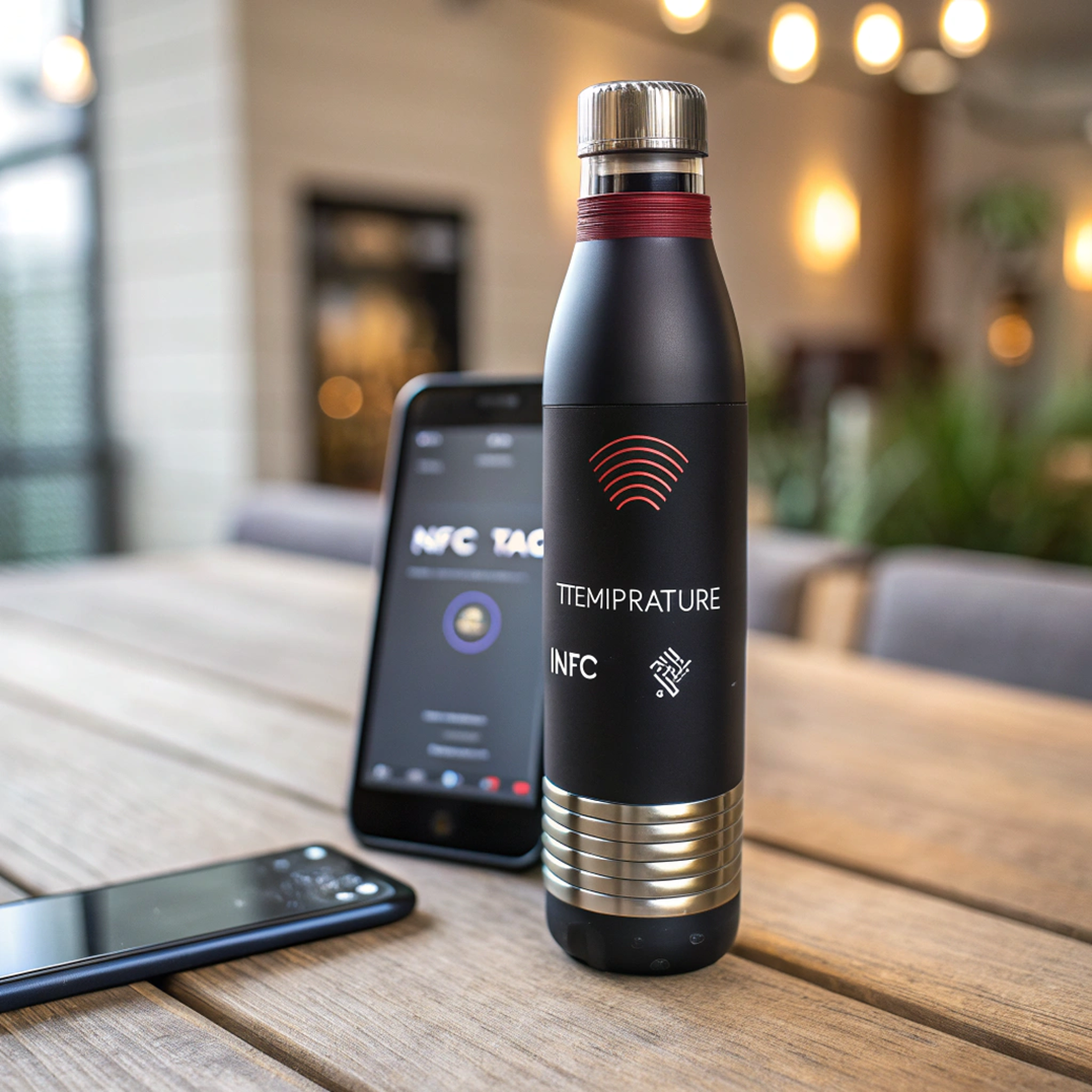 Smart packaging will connect the physical and digital experience.
Smart packaging will connect the physical and digital experience.
2. Circular Packaging Becomes the Standard
We’re moving beyond "recyclable" to true circularity—where packaging is
designed to be reused, refilled, or fully composted at scale. Expect to see:
- Rise of closed-loop systems in e-commerce
- Expanded refill station networks at retail
- Growth in reusable secondary packaging, like mail-back shippers and durable totes
New materials—like seaweed films and molded fiber—will replace legacy plastics
in many use cases.
Circular packaging aims to eliminate waste and maximize product lifespan.
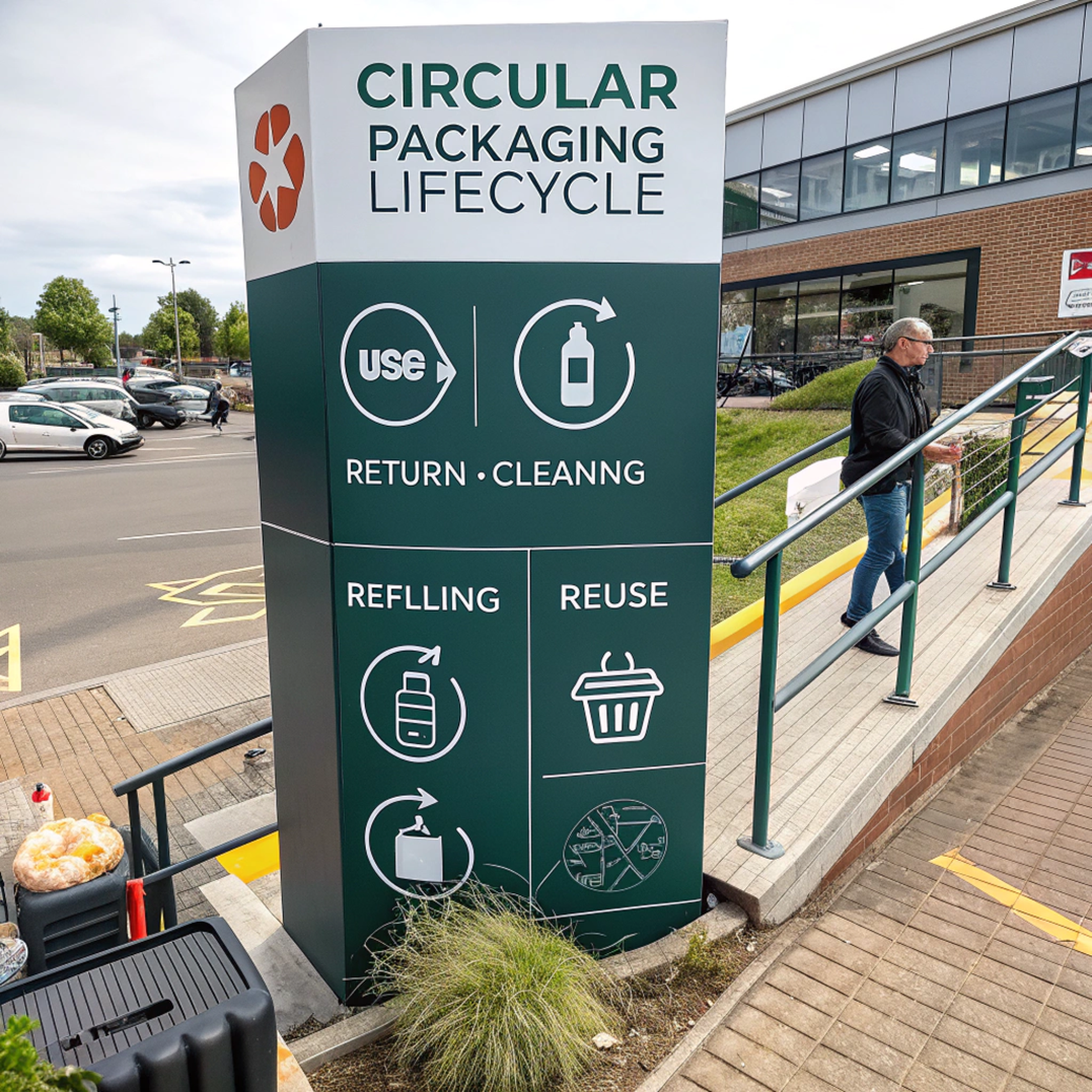 Reusable kraft boxes surrounded by greenery highlight circular design in action.
Reusable kraft boxes surrounded by greenery highlight circular design in action.
3. Hyper-Personalization at Scale
The era of mass personalization is here. Thanks to digital printing and
AI-driven design tools, brands can now create packaging tailored to:
- Regions or climate zones
- Buyer personas and preferences
- Specific events or holidays
This trend doesn’t just build loyalty—it drives sales. Personalized packaging
feels premium and memorable.
By 2030, smart brands will personalize packaging for every audience segment.
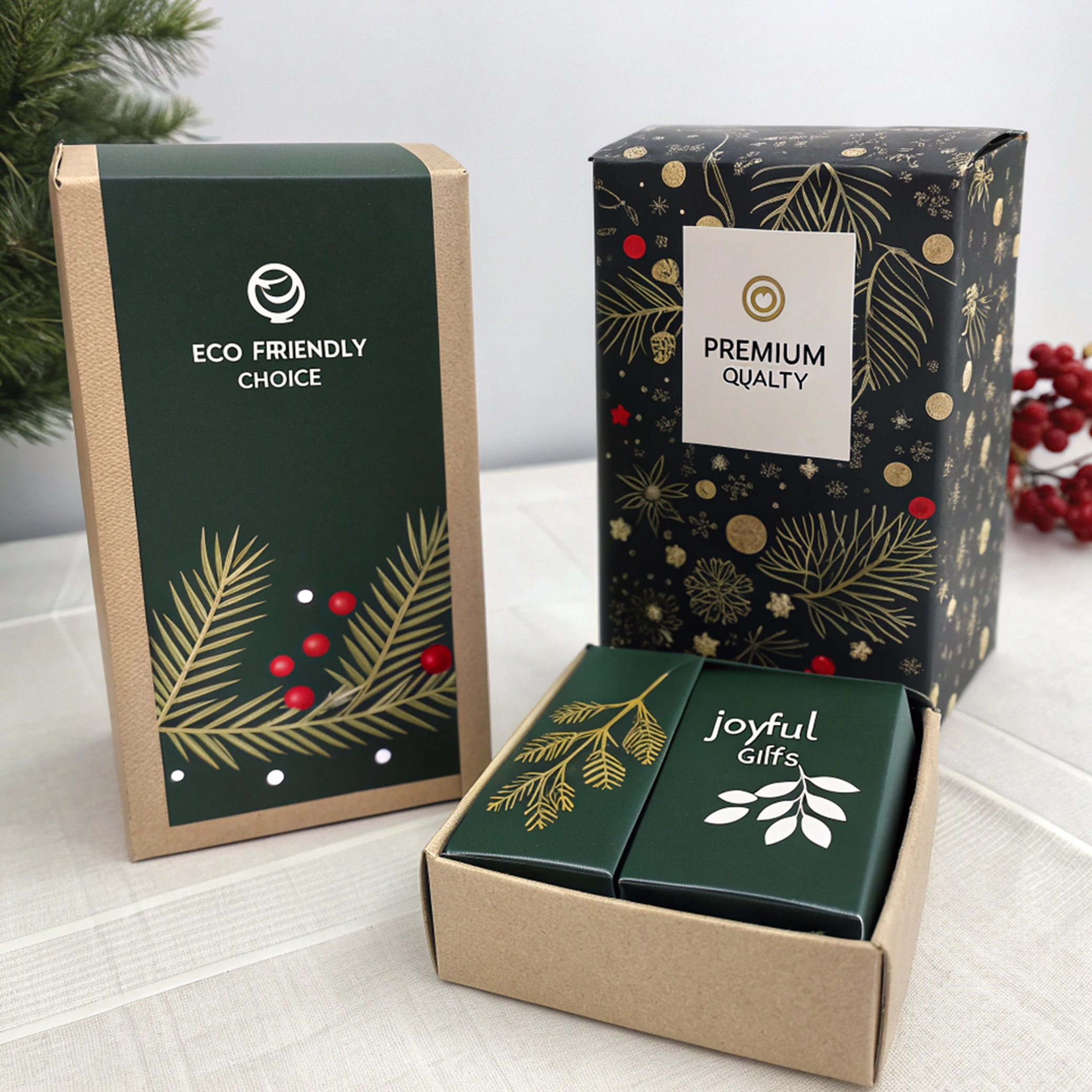 Vibrant floral mailer showcasing personalized, seasonal packaging design.
Vibrant floral mailer showcasing personalized, seasonal packaging design.
4. AI-Driven Packaging Design
Artificial Intelligence is transforming how we conceptualize and iterate
packaging. By 2030, packaging designers will rely on AI to:
- A/B test visual layouts before printing
- Simulate drop-test durability and environmental impact
- Optimize material use for cost and sustainability
AI tools will also help predict consumer reaction, speeding up design cycles
from months to hours.
AI will co-design packaging by analyzing cost, strength, aesthetics, and user behavior.
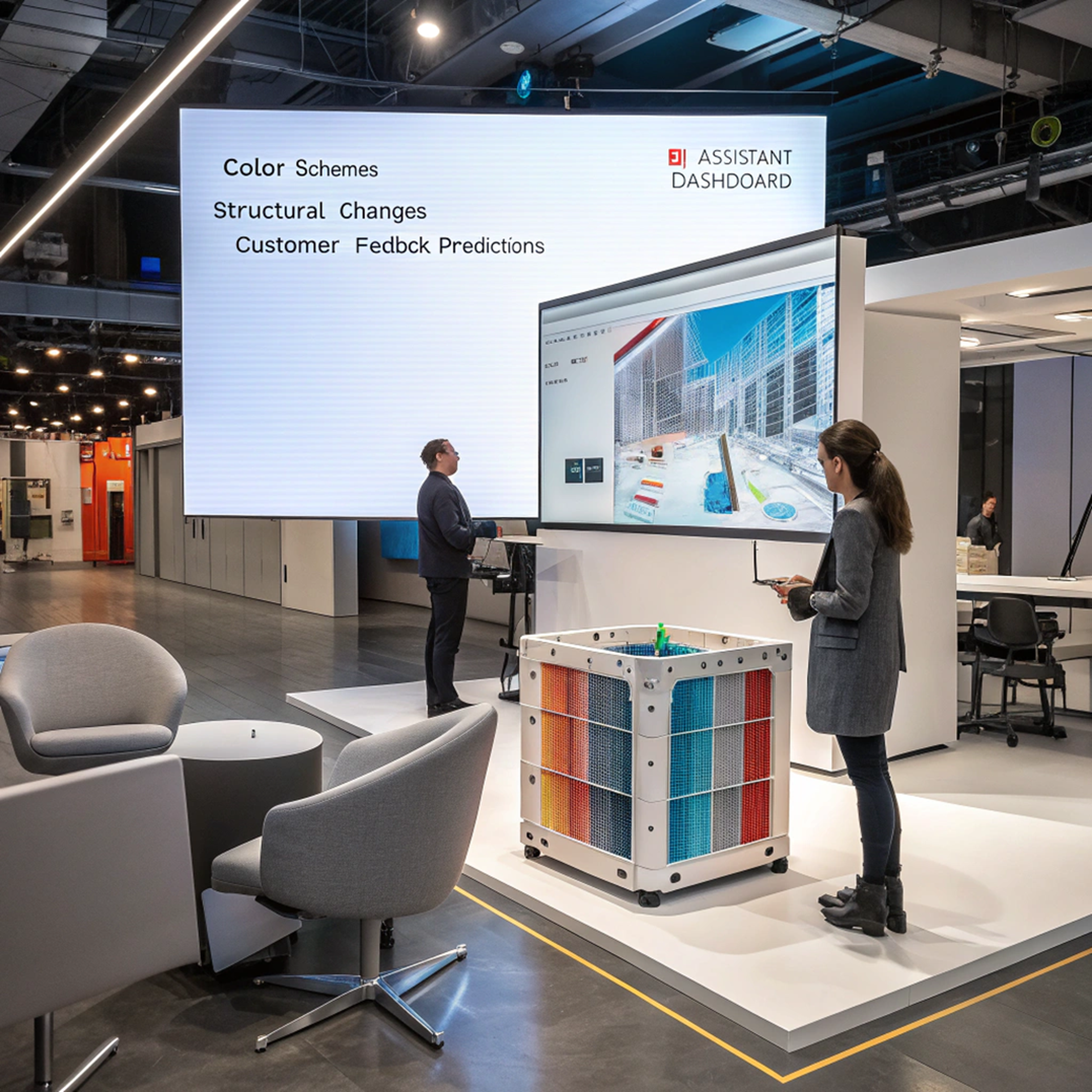 Digital starter kits will be AI-optimized from layout to material usage.
Digital starter kits will be AI-optimized from layout to material usage.
5. Regulation-Driven Innovation
Governments worldwide are tightening packaging regulations. These new policies
will force innovation across:
- Material sourcing (bans on virgin plastics)
- Label transparency (clear recycling or reuse guidance)
- Extended producer responsibility (EPR) fees for disposal and recycling
By 2030, businesses must treat compliance as a competitive advantage, not a
hurdle.
Regulation will force companies to innovate or risk losing access to key markets.
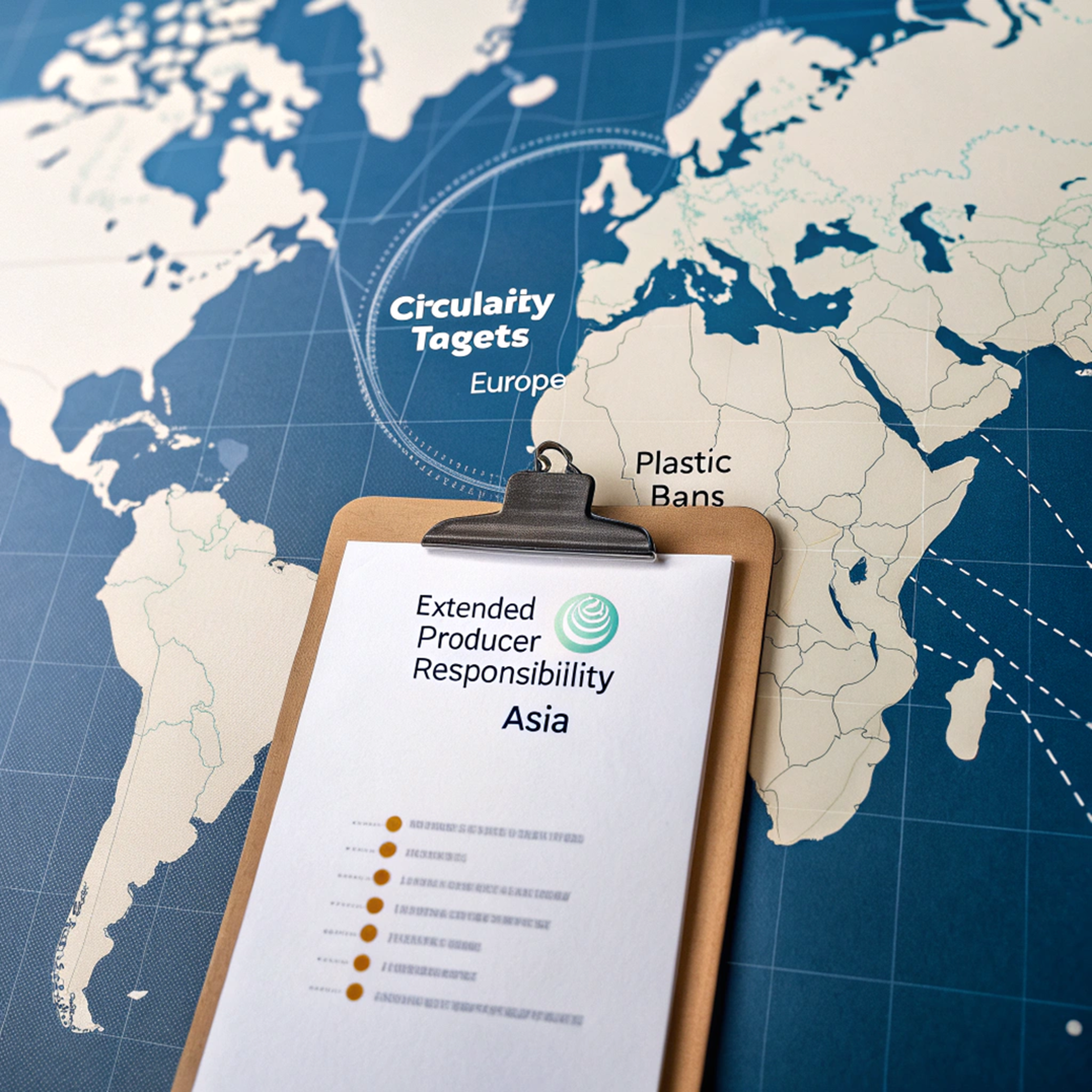 Certified compostable and recycled labeling will be industry standard.
Certified compostable and recycled labeling will be industry standard.
Wrapping It Up
The next five years will bring more change to packaging than the last twenty.
From AI-driven creation to circular supply chains, these 2030 megatrends are not theoretical—they're
already unfolding.
✅ Want to future-proof your packaging strategy?
Let’s talk.
Contact us to schedule a custom audit or
concept sprint.